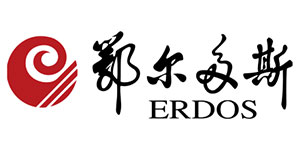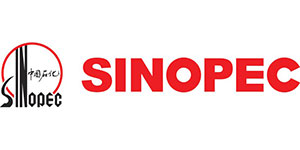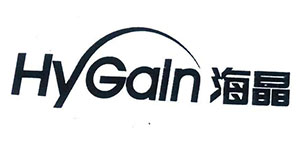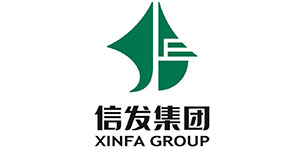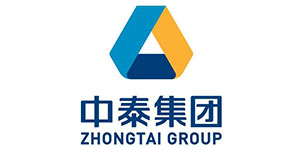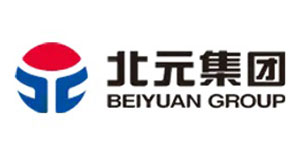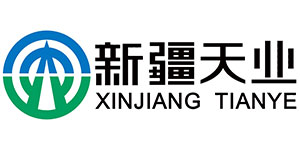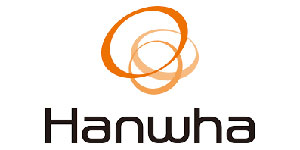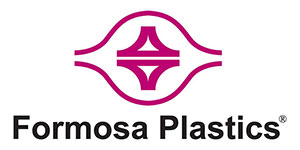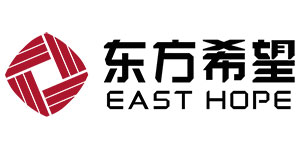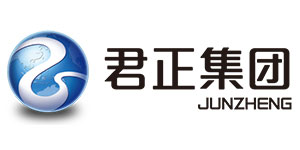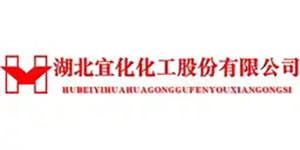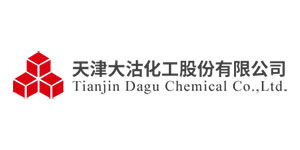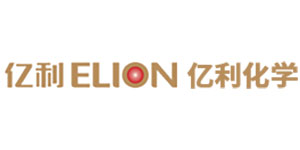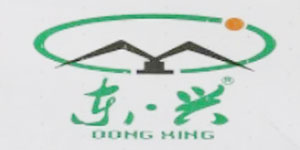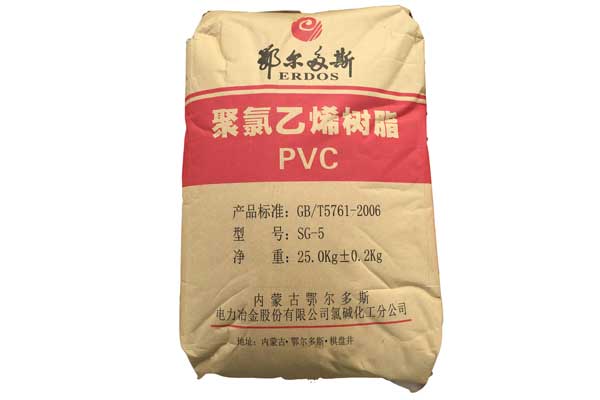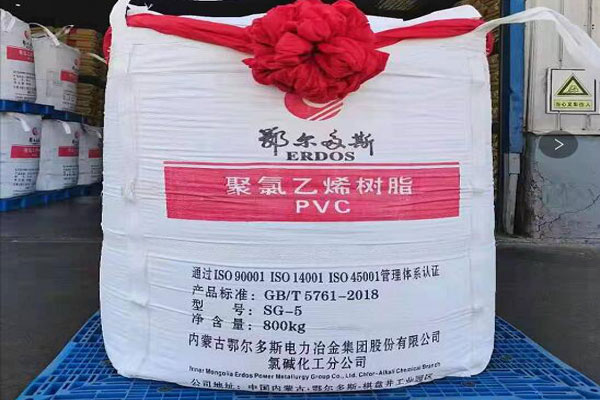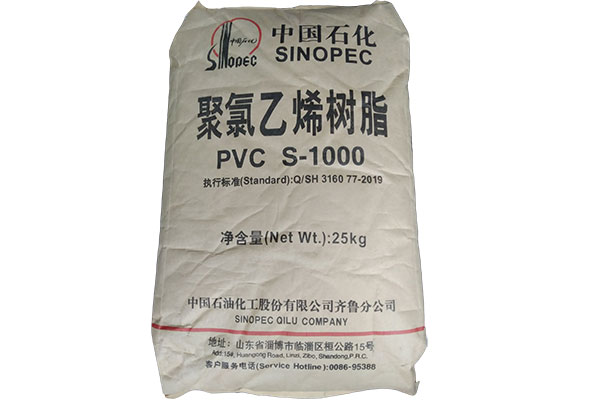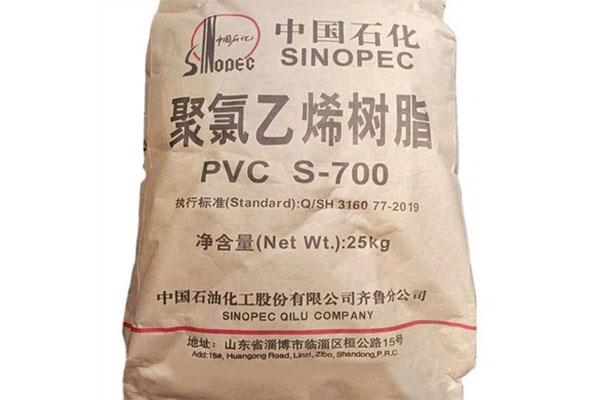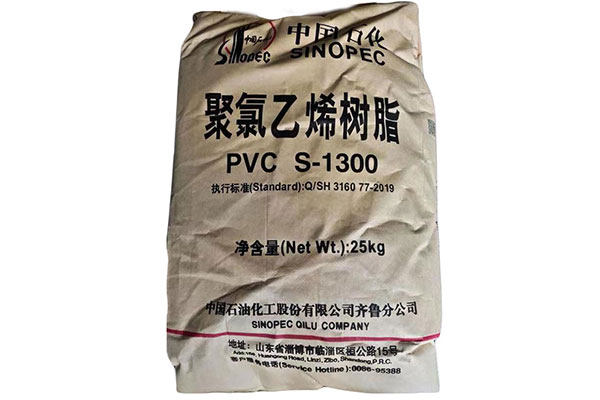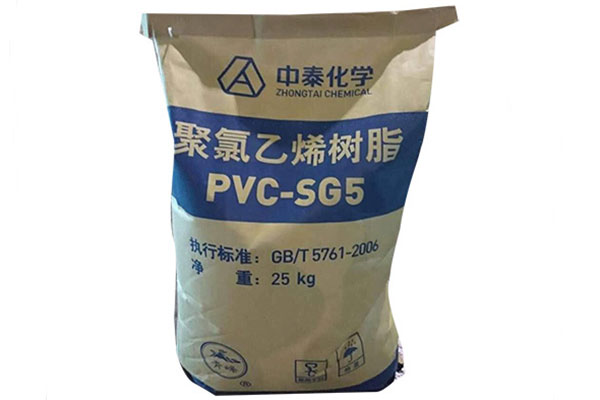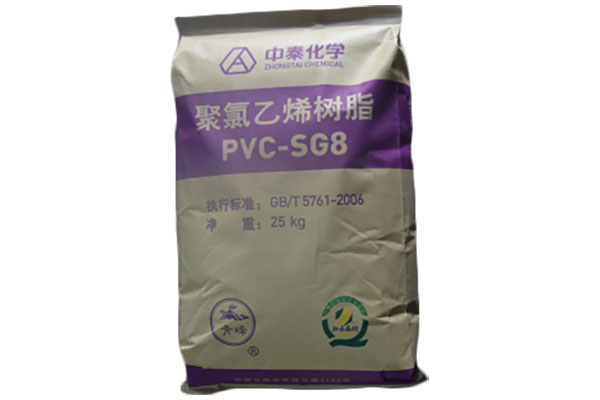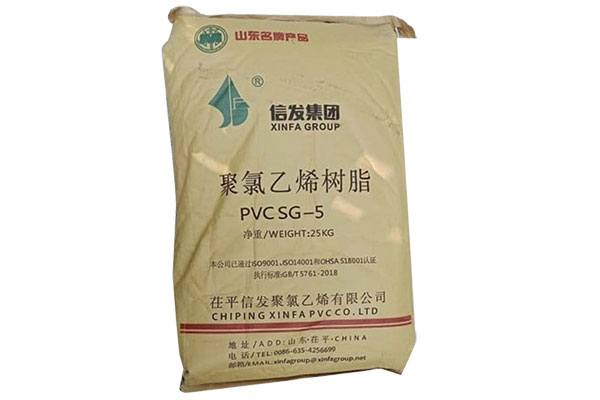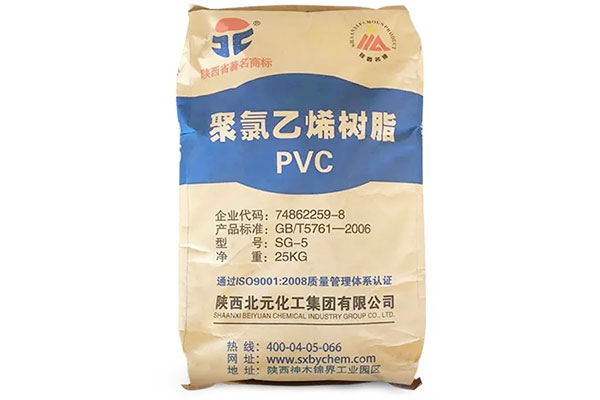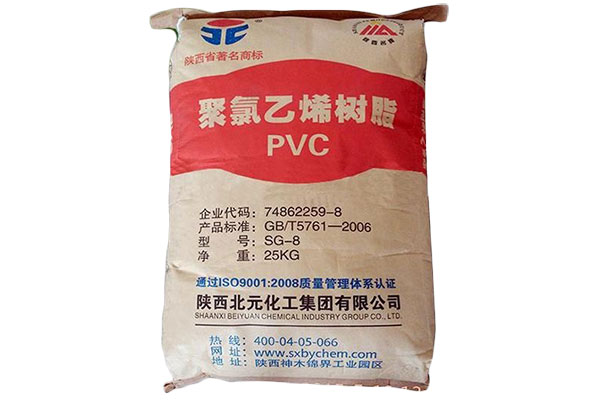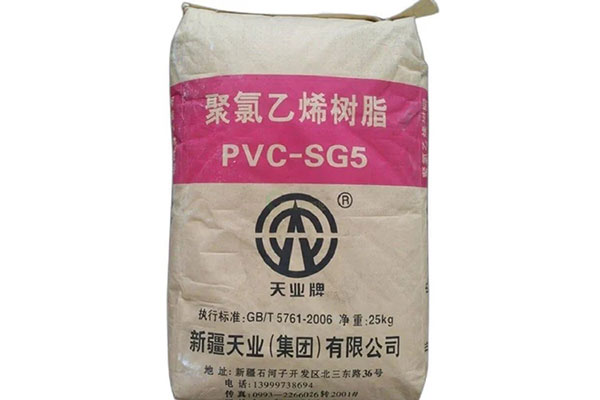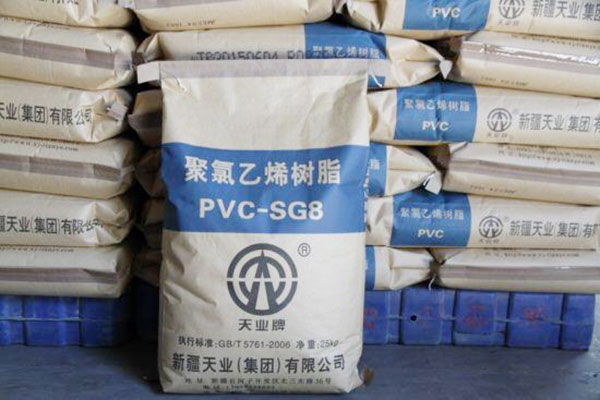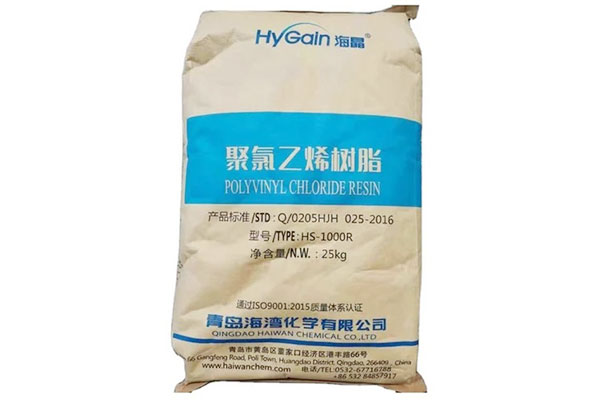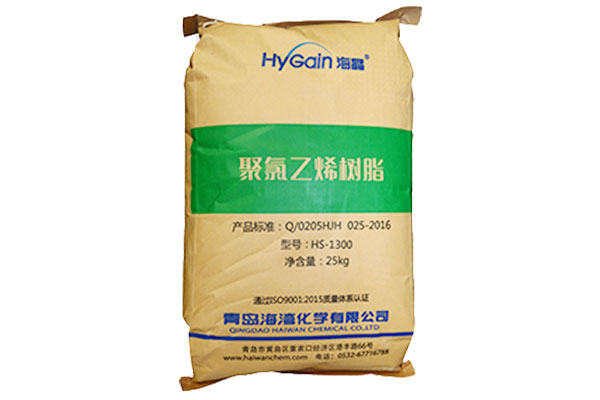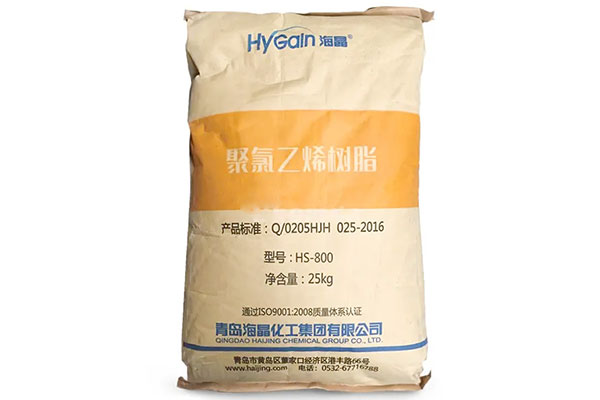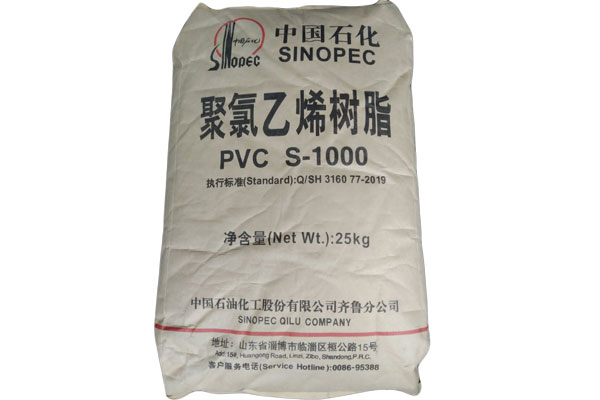Home » PVC Resin
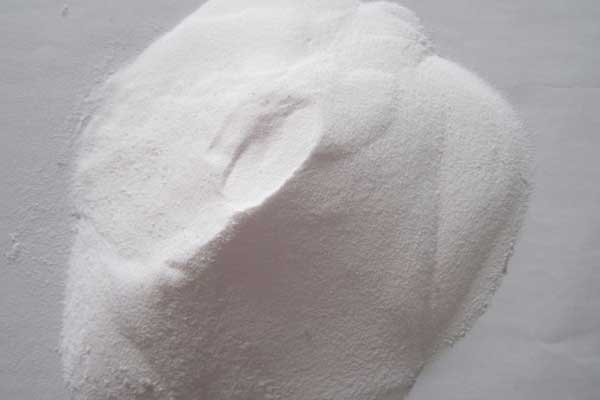
Chemate PVC Resin for Sale
- CAS NO. 9002-86-2
- HS Code: 3904109001
- MF: (C2H3CL)n
- Main Grades: SG3, SG5, SG7, SG8, S-1000, S-1300
- Brand: Sinopec, Erdos, Tianye
- Package: 25kg bag, 16tons in 20’FCL, 28tons in 40’FCL; 800kg jumbo bag, 16tons in 20’FCL, 27tons in 40’FCL.
- Applications: Production of hoses, leathers, wire cables, shoes, pipes, profile, fittings, panels, injection, moulding, sandals, bottles, sheets, calendaring, rigid injection,etc.
Your reliable PVC Resin Supplier in China
Chemate – A reliable PVC resin supplier in China can supply various specifications of polyvinyl chloride resin you need, including SG3, SG5, SG7, SG8, S-1000 PVC resin, PVC paste resin, etc. If you’d like to get price, then inquiry to tell us the grade or the K-value you need, our professional sales staff will reply you quickly and make quotations based on your requirements. Since different grades of PVC resin can be used in various different industrial fields, it is important to inform us the purpose of the chemical. If you have no idea about which grade you need, then feel free to tell us the application industry, we will recommend you proper model. Most importantly, as an agent of PVC resin factory, we can guarantee to give our customers the most competitive price.
PVC Resin Grades & Package Display
Would Like The Quotation
Leave more about your requirements, such as, brands, models, quantity, package, country, etc.
Technical Specifications of Different PVC Resin grades
| Item | SG3 | SG5 | SG7 | SG8 | |
| Viscosity No. ml/g | 135-127 | 118-107 | 95-87 | 86-73 | |
| K value | 72-71 | 68-66 | 62-60 | 59-55 | |
| Polymerizing Index | 1370-1251 | 1135-981 | 845-741 | 740-650 | |
| Number of impurity particles | 16max | 16max | 20max | 20max | |
| Volatile Matter, % | 0.3max | 0.4max | 0.4max | 0.4max | |
| Apparent Density, g/ml | 0.45min | 0.48min | 0.50min | 0.50min | |
| Number of Fish Eye (/400 cm2) | 20max | 20max | 30max | 30max | |
| Plasticizer absorption of 100g resin, g | 26min | 19min | 12min | 12min | |
| VCM Residue, ppm | 5max | 5max | 5max | 5max | |
| Whiteness(160°C,10min), % | 78min | 75min | 75min | 75min | |
| Particle size | ≥0.25mm | 2.0max | 2.0max | 2.0max | 2.0max |
| ≥0.063mm | 95min | 95min | 95min | 95min | |
Applications:
SG3 is for hoses, leathers, wire cables, shoes and other general purpose soft products.
SG5 is for pipes, profile, fittings, panels, injection, moulding, sandals, etc.
SG7/SG8 is for bottles, sheets, calendaring, rigid injection and moulding pipes.
Would Like The Quotation
Leave more about your requirements, such as, brands, models, quantity, package, country, etc.
SG5 Type is always with the K value from 66-68. So if you are looking for PVC resin K66-68, SG5 is exactly the model you need. You can check more details and inquiry us for the best price.
SG8 Type with the K Value of 55-59 is suitable for the production of bottles, sheets, calendaring, rigid injection and moulding pipes. As researches have shown, this type has high apparent density, good oil absorption and excellent plasticizing properties.
In general, S-1000 type is widely suitable for the production of soft films, sheets, artificial leather, pipes, profiles, cable protection tubes, packaging films, hoses, shoe soles and various soft miscellaneous goods.
S-1300 type is mainly used in the production of wire and cable, electrical insulating materials, cable sheathing, high-strength film products, soft boards and sheets, auto parts, electrical appliances, etc.
Would like The Quotation?
Leave your demands in detail here(including the model, package, brand, quantity), we will reply you quickly.
What Is PVC Resin Powder Used for
PVC general soft products. For the production of hoses, cables, wires, etc. With various molds, we can use them to make plastic sandals, shoe soles, slippers, toys, auto parts, etc.
PVC films. After mixing the polyvinyl chloride resin with some special additives and plasticized, it can be used to make a transparent or colored film with a specified thickness. Factory also use pvc films to process packaging bags, raincoats, tablecloths, curtains, inflated toys, etc. The wide transparent film is suitable to make greenhouses, mulching films. The biaxially stretched film has the characteristics of heat shrinkage and can make shrink packaging.
PVC coated products, such as artificial leather. Artificial leather with a backing is made by coating PVC paste resin on cloth or paper, and then plasticizing it at a temperature above 100℃. For artificial leather without a substrate, the PVC emulsion resin is directly rolled into a soft sheet with a certain thickness by a calender. And then press the pattern.
PVC Foam products. When mixing flexible PVC, add an appropriate amount of foaming agent to make a sheet, and then foamed into foam plastic. In adition, it can be used to make foam slippers, sandals, insoles, shock-proof cushioning packaging materials, etc. And it is also the raw material to make low-foam hard PVC boards and profiles. With good performance, it can replace wood as a new type of construction material.
PVC transparent sheet. Add impact modifier and organic stabilizer to polyvinyl chloride resin, and then mix, plasticize and calender them to make transparent sheet. The PVC transparent sheet can be made into thin-walled transparent containers or used for vacuum blister packaging. It is an excellent packaging material and decorative material.
PVC pipe and PVC hose. Adding stabilizers, lubricants and fillers to liquid PVC and mixing them. Then use extruder to extrude hard pipes, special-shaped pipes and corrugated pipes of various calibers. These pipes and hoses can be used as sewer pipes, drinking water pipes, wire casings or staircase handrails. Overlap the calendered sheets, and then use the hot press process to make hard plates of various thickness.
PVC profile. Make hard profiled materials for doors and windows.
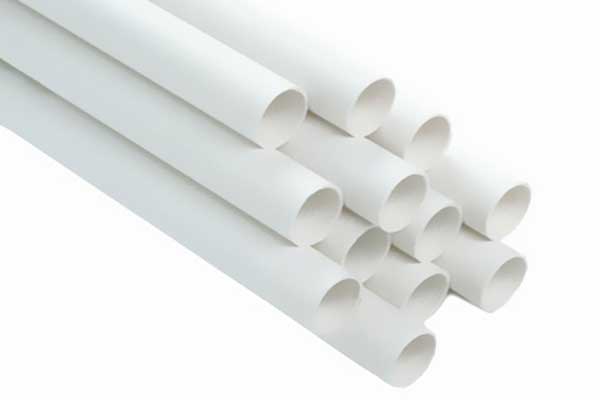
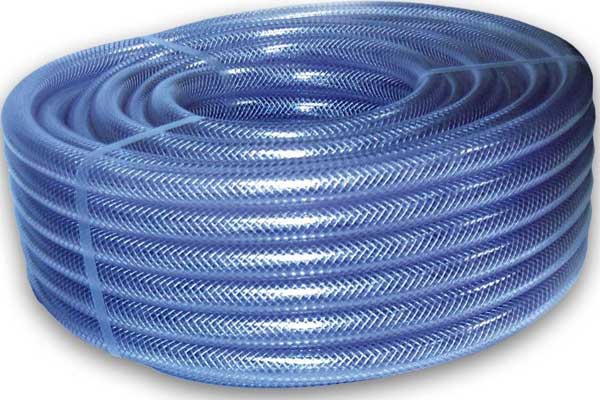
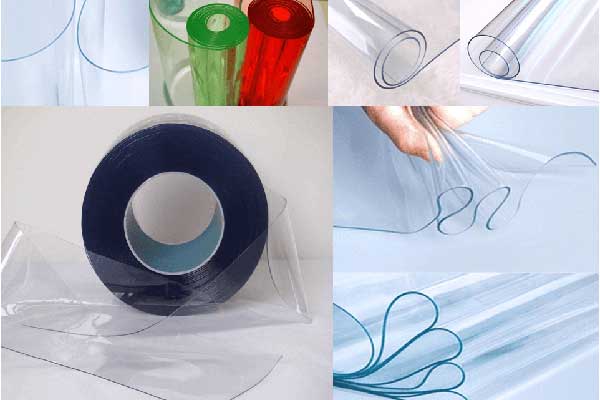
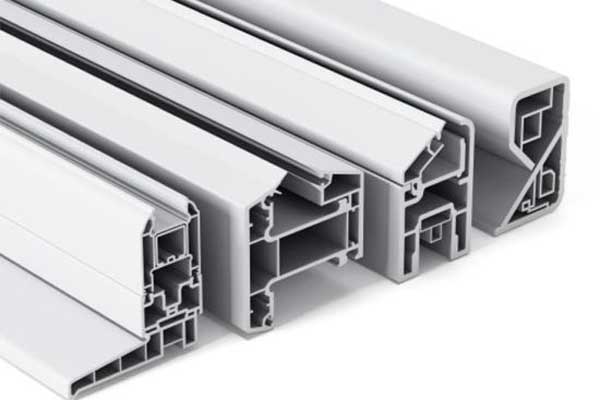
Would like The Quotation?
Leave your demands in detail here(including the model, package, brand, quantity), we will reply you quickly.
Know More About PVC Resin
What is PVC Resin
PVC resin, with the full name of polyvinyl chloride resin, is a kind of synthetic plastic polymer with large production volume each year. As a result, it is widely used in various plastic industrial fields. Polyvinyl chloride resin is a thermoplastic polymer compound formed by polymerization of vinyl chloride monomer(VCM) or dichloroethane(EDC) under the action of an initiator. Its main component is polyvinyl chloride. Meanwhile, adding some additives to enhance its heat resistance, toughness and ductility. Because of the characteristics of good chemical stability, corrosion resistance and water resistance, polyvinyl chloride is the most widely used raw material in plastic production.
Before using PVC Resin to make finished products, we should convert it into compounds first by adding additives. As we all know, commonly used additives are heat stabilizers, UV stabilizers, plasticizers, heat modifiers, flame retardants, bactericides, foaming agents, etc.
Which Features Does PVC Resin Have
- It has the characteristics of abundant raw materials, mature manufacturing technology, low price, easy processing and wide application.
- Flame retardancy is its greatest feature, so it can be used as the raw material for manufacturing of fire protection equipment.
- It has good electrical insulating properties. So it can be used as low-frequency insulating material. In addition, its chemical stability is also good.
- It has good mechanical properties. Tensile strength is about 60MPa. Impact strength is 5 ~ 10kJ/m2.
- The degree of branching is small. The glass transition temperature is 77~90℃. And the decomposition starts at about 170℃.
- The molecular weight of industrially produced PVC powder is generally in the range of 50,000 to 110,000. So it has a large dispersibility. The molecular weight increases with the decrease of the polymerization temperature. There is no fixed melting point. The powder starts to soften at 80-85℃, and becomes viscoelastic at 130℃. It begins to transform into a viscous flow state when the temperature is 160-180℃.
- Its stability to light and heat is poor. If it exceeds 100℃ or is exposed to sunlight for a long time, it will decompose to produce hydrogen chloride. And further autocatalytic decomposition will cause fading. Meanwhile, the physical and mechanical properties will also drop sharply. Stabilizers must be added to improve thermal and light stability in practical applications.
- It can’t be used alone, but can be mixed with other ingredients to produce various products.
Factors Affecting Quality of PVC Resin
At first, many aspects (including raw materials, production process and operation) have a great influence on the quality of PVC.
In summary, viscosity number, apparent density, oil absorption rate, volatile matter content, sieving rate, number of impurity particles, heat aging whiteness, “fish eye” number, electrical conductivity, residual VCM content are the ten important parameters of general PVC resin powder.
In addition to the above indicators, polymerization degree distribution, particle size distribution, particle regularity, initial coloration, aging discoloration rate, dry fluidity, plasticizing rheological properties are all indicators for judging the quality of PVC products.
What Are The Types of PVC Resin
According to the production method, it can be divided into general-purpose PVC resin, high polymerization PVC resin, cross bonding polyvinyl chloride resin.
The general-purpose type is formed by the polymerization of vinyl chloride monomer under the action of an initiator.
High polymerization type refers to a resin polymerized by adding a chain extender to the vinyl chloride monomer polymerization system.
The cross bonding type is a resin polymerized by adding a cross-linking agent containing diene and polyene into the vinyl chloride monomer polymerization system.
According to the content of plasticizer, it can be divided into rigid PVC and flexible PVC. Without plasticizer, it is rigid PVC, and its glass transition temperature is as high as 80℃-85℃. So it is not easy to process. But after adding plasticizer, the glass temperature will decreasse, plasticity and flexibility will in crease and make it easy to process even at low temperature. Because the rigid type has good tensile, bending, compression and impact resistance, it can be used alone as a structural material. The flexibility, elongation at break and cold resistance of the flexible type will increase, while the brittleness, hardness and tensile strength will decrease.
The industry generally distinguishes PVC resin according to the method of obtaining vinyl chloride monomer. Depends on the polymerization method, PVC suspension resin is currently the largest variety, followed is the PVC paste resin made by emulsion method.
What Are Advantages and Disadvantages of General-purpose type PVC Resin
First thing to know, general-purpose type has a simple preparation method and a wide range of uses.
However, it also has some shortcomings. First, it can’t be adapted to high-end and special processing applications. Generally, high-polymerization polyvinyl chloride resin refers to PVC resin with an average degree of polymerization above 1700 or a slight cross-linked structure between the molecules. Second, this type improves the processing performance of general-purpose polyvinyl chloride resin. So it is more suitable for processing special soft products, high resilience, high toughness rubber products, as well as matte products. Third, this type can make the products with the characteristics of higher tensile strength, tear strength, elongation at break, abrasion resistance, high temperature and low temperature resistance, lower compression set, excellent plasticizer retention, etc.
How Is PVC Resin Made
According to the raw material, the production methods of polyvinyl chloride mainly include calcium carbide acetylene method, petroleum ethylene method and natural gas acetylene method. In addition, the main raw materials are monomeric vinyl chloride, dispersant, deionized water and initiator.
In general, there are three main methods for the synthesis of vinyl chloride monomer. 1. Ethylene oxychlorination with ethylene method with ethylene as raw material. 2. Synthesis of acetylene and hydrogen chloride from calcium carbide. 3. A method of using dichloroethane as a raw material and then cracking the dichloroethane into vinyl chloride.
Production fundamentals. Using calcium carbide as raw material, through three main chemical reactions of calcium carbide hydrolysis reaction, addition reaction of acetylene and hydrogen chloride, and vinyl chloride polymerization reaction. The production device includes reactor, fractionation process, separation process, etc. There are many types of equipment involved. Although the process control route is long, and the control parameters are more complicated. In actually, DCS automatic control help with all of these processes.
What is PVC K-value
In brief, the K value is an index indicating the polymerization degree and molecular weight of polyvinyl chloride. In addition, the viscosity number is also an indicator of the molecular weight of the polymer. Since this product is an amorphous linear polymer compound, it is with various different characteristics. The larger the relatively molecular weight, the higher the viscosity, the better the strength, stiffness, toughness, heat and low temperature resistance of the material, but the worse the molding processability. On the whole, the difference in K value of polyvinyl chloride resin will have a certain impact on the processing technology and product performance. Therefore, when purchasing polyvinyl chloride resin, customers need to choose the suitable grade depends on the K value and applications.
By comparison, K70-75 PVC resin with high K value and higher molecular weight has the best mechanical properties. But it is more difficult to process.
In general, PVC resin k65/k66, PVC resin k67/k68 with suitable K value have a good balance between mechanical properties and processability. So they are the most popular and can meet the needs of the most PVC applications.
Compared to other types of PVC resin, K58-60 polyvinyl chloride with low value has the lowest mechanical properties and the processing is easiest. However, it has many difficulties in the application process.
What Are the Differences Between PVC Resin and PVC Paste Resin
- From the physical state, polyvinyl chloride paste is in the form of white fine powder. While the PVC resin is in the form of white fine particles.
- In terms of usage method. When using PVC paste resin to produce some products, you’d better mix it with appropriate amount of plasticizer. Additionally, it is in the form of liquid plastisol sometimes. Paste PVC resin is suitable for the production of flexible plastic products. Polyvinyl chloride resin is used after granulation with an appropriate amount of plasticizer. And it is generally suitable for the production of rigid plastic products.
Inquiry for The Latest PVC Resin Price
-
Reliable & Professional Factory Agent
Focus in chemical export since 2003.
-
Quality assurance
ISO9001 international quality standard system certification, ISO14001 environmental management system certification, CE certification, GB/T28001 certification.
-
Excellent Pre-sales And After-sales Service
Variety complete, timely supply, reasonable price and excellent pre-sales and after-sales service.
-
Competitive price
PVC resin price usually varies greatly, so please feel free to inquiry us for the latest price now, we will reply you quickly. As the agent of factory, we can ensure the most reasonable and competitive price.
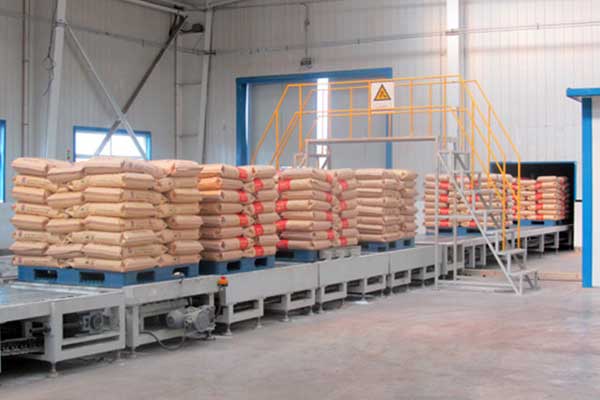
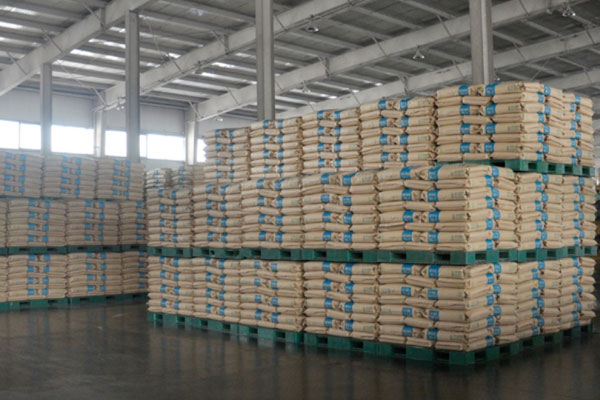
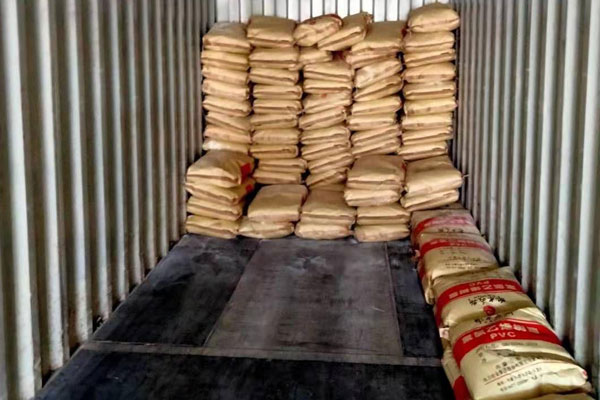
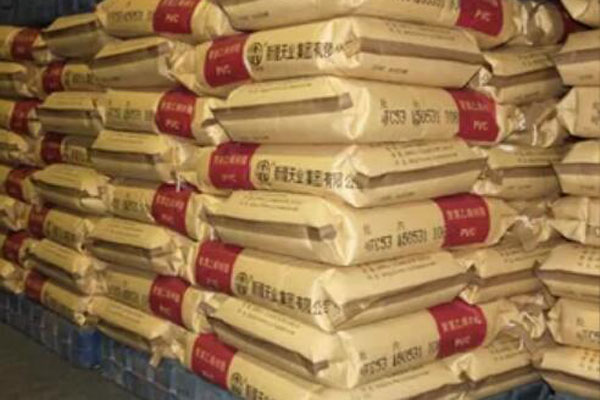
- Email: sales@chemategroup.com
- Tel: 0086-371-60921621
- Whatsapp: +86 18624832876
- Wechat: +86 18624832876
- ADD: NO.80 PUHUI ROAD,ZHENGZHOU CITY, HENAN PROVINCE, CHINA

